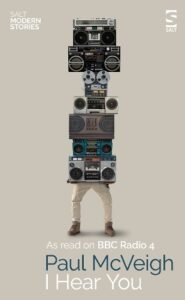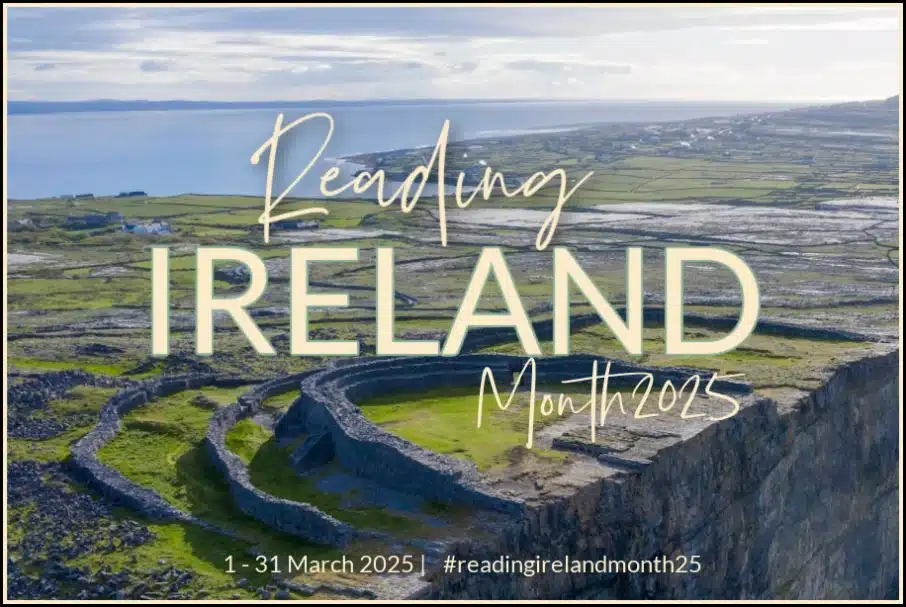
Pleasing him was behind everything she did. Her love for him was like a thick fog that made it hard for her to see anyone else.
In Tickles, a son is enclosed in tight hug, mistaken for his dead father by his demented mother so besotted with her husband there was little love left for him, triggering childhood memories and an understanding. Surgery resulting from an over-exuberant bout of play with his niece brings Ben and his sister together but leaves him changed in the strangest of ways in Cuckoo while Daddy Christmas sees Mark’s treasured Christmas with his sister and her sons, on who he lavishes the love he would have had for his own child, changed now she has a new partner.
It is obvious to me why the people here are sometimes cross and sad. How would you feel if there were days when you could reach up and touch the clouds? It is a city being pressed on by the sky. It’s like we are in a pot, being cooked and someone is putting on the lid to make us bubble and boil up.
The ten stories that make up The Circus all feature participants in the talent show put on by the club’s new owner who’s returned to Belfast from London. The £10,000 prize has focused the minds of all manner of performers – from the impressionist who’s incapable of being himself to the magician’s assistant who sees a chance for revenge on her coercive partner to the medium convinced he has a direct line to God, and happy to charge believers £99 to access it. James, the organiser, reveals the story behind the contest in the last piece neatly wrapping up the series.
So, you see, he was living a lie in our school, every day, like me – we were hiding our true selves to stay safe. In a school that was for well-to-do Protestants, he was a working-class Catholic.
All the stories in this collection were commissioned by the BBC, each of them slipping neatly into a fifteen-minute radio slot, imposing a strict discipline on McVeigh’s writing. There’s no room for fancy literary footwork but he conveys a great deal in these brief pieces exploring themes of family in the first three while painting a picture of Belfast in The Circus, what’s changed and what hasn’t since the Troubles. The club sits in an area close to the Ardoyne, where McVeigh grew up, a sectarian flashpoint where division is still evident as Protestant Tony, aka Dockland Dolores, makes clear in his story of his school friendship with Catholic James. There’s a pleasing immediacy about McVeigh’s writing which often has a thread of humour running through it. In his introduction, he mentions that his conversion to reading stories aloud stood him in good stead when writing for radio making me want to track down the BBC’s recordings. I’m certainly keen to explore more of his work.
Cathy’s also reviewed this one for Reading Ireland Month. You can find her review here along with many other contribution.
Salt Publishing: Cromer 9781784633448 128 pages Paperback (Read via NetGalley)
Discover more from A Life in Books
Subscribe to get the latest posts sent to your email.


I really liked the conceit which drove Roman Stories, so this appeals to me. Writing to a precise time structure sounds like a very demanding stricture.
It works well, doesn’t it. You’d have to read your work aloud to begin with, at least.
That would be interesting …
In my pile for review. Have read it. A compact wee book!
It is – an easy win!
I enjoyed this too – an easy read which I think would work so well on radio,
Definitely!
This is really appealing, the conciseness especially. I’d also be interested to hear the radio recordings!
I rarely listen to anything but news so this would make a pleasant change.
I like Paul’s work. He writes about working class communities so well, and with cheeky humour. Does not take himself too seriously.
Always a good quality! Any recommendations for further reading?
His previous book The Good Son has won some awards.
Thanks, Lucy. Adding it to my list.
Paul McVeigh is so lovely, looking forward to that one!
It was a good introduction to his writing for me. Anything else of his you’d particularly recommend?
I hadn’t heard of this book before reading your review, but I am growing increasingly fond of linked short stories. I’d quite like to track down the BBC’s recordings, too, and listen to them. Irish prose read by Irish voices gains a special something.
It would certainly add something, wouldn’t it.
What a fresh way to link a set of stories!
It works very well. The discipline of that 15-minute slot pays dividends.